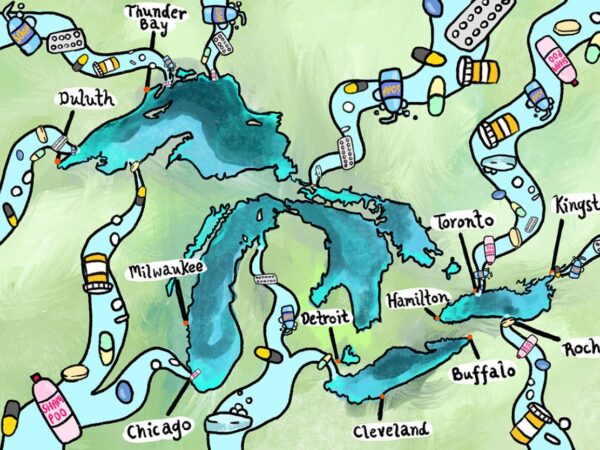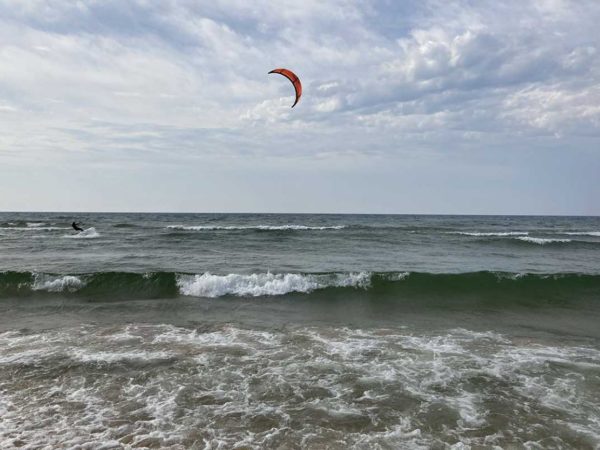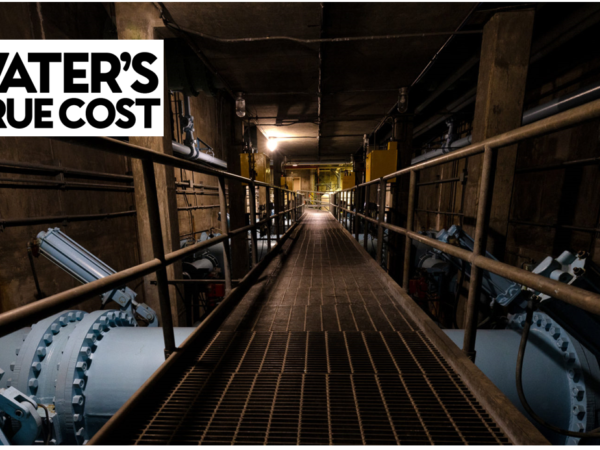
This lesson will explore the phenomenon of disappearing ice in the Great Lakes and the impact this has on ice fishing as a result of climate change. Students will explore the global average temperatures over time, model the greenhouse effect, conduct an experiment to model ocean acidification, and create an infographic to communicate the issue of climate change and how the impacts of human activites on the natural system can be reduced.
- Know about the rise in global average temperatures since the industrial revolution
- Understand how human activities impact the natural system of the world including climate change
- Be able to model ocean acidification and global warming
View the entire lesson plan including teacher background information, worksheets and more below or download for free here.
Activity 1:
This activity is a video discussion of a Great Lakes Now segment featuring the impact that climate change will have on winter weather — such as the number of cloudy days and strong winter storms. During the video they need to jot down four things they took away from the video using the 4 Notes Summary Protocol.
Watch a Great Lakes Now Segment
Activity 2:
Climate change affects all seasons. The day to day weather in the Great Lakes region may continue to have its assortment of weather days filled with rain, snow, sleet, or hail—as well as heat and sunshine—on the regular, but the climate has seen larger scale changes in the region over time. Just what might that mean for the future? Drier summer days and wetter winters perhaps, but at present the threat of more severe storms and flooding is already a reality.
In this activity, students will use a Think Pair Square Protocol for discussing what they will read about this very topic.
Read About Climate Change in the Great Lakes
Activity 3:
The purpose of this experiment* is for students to model the impact that increased levels of carbon dioxide have on temperatures in the atmosphere.
Activity 4:
The purpose of this activity is for students to model the impact that increased levels of carbon dioxide have on ocean waters.
Investigating Ocean Acidification
Activity 5:
This content can be used as an article reading for students, or it could serve as discussion points to review chemistry content or teacher notes to provide new information to students. Depending on students’ prior knowledge of chemistry, you can write chemical equations or stick with the names of the substances involved in the reactions.
In this activity, students will use a Think Pair Square Protocol for discussing what they will read about ocean acidification.
Read About Ocean Acidification
Activity 6:
The purpose of this activity is for students to summarize and communicate the most important details about the science of climate change using data, text, and other visuals.
Activity 7:
This activity is a video discussion of a Great Lakes Now segment featuring the winter recreational sport of ice fishing and the impact that climate change is having on it due to warmer winter temperatures. During the video they need to jot down four things they took away from the video using the 4 Notes Summary Protocol.
Watch a Great Lakes Now Segment
Learn all about Episode 2303: Fading Stars and River Bugs on this month’s landing page.
If you use this lesson or any of its activities with your learners, we’d love to hear about it! Contact us with any feedback or questions at: GreatLakesNow@DPTV.org




